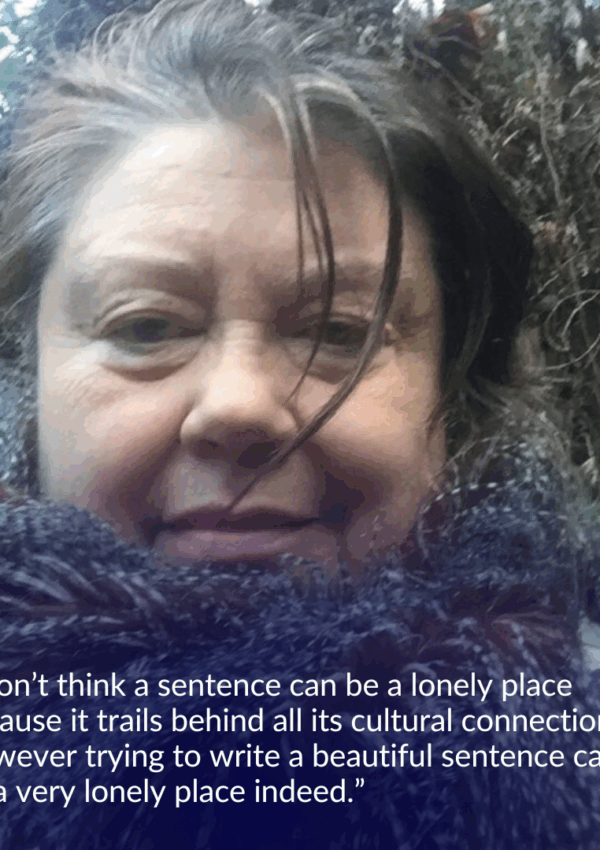No one reads anymore. It seems I’ve been hearing this complaint for years. I heard it from the professors I had in grad school. I hear it from some of my writer friends. I hear it from my colleagues at the college where I teach. Unfortunately, the list could go on. And I get it: those of us who like to read (and do so every chance we get) often feel discouraged by what seems like a lack of appreciation for literature. But to say that no one reads anymore is a stretch.
My first issue with this statement is that it implies a sort of golden age in our country’s history when everyone read voraciously. The data on literacy rates, for one thing, suggests otherwise. The high illiteracy rates in the late 19th century and early 20th century shows that quite a few people weren’t reading. When I checked out the literacy rates for our country going back to 1870, I noticed that the rates have only risen throughout the years. Now, I realize that being able to read, doesn’t mean that people will do it, however, at least more people have the ability to read if they so choose. Another positive aspect of the higher literacy rate is that the huge disparity between the number of whites who cannot read and the number of non-whites who cannot read has shrunk over time (although the numbers could still be better). As a society that values equality, the U.S. has made strides in providing access to the written word.
So too are we seeing more female authors and authors from a variety of backgrounds publishing their work. I’m not saying we have reached a point where all cultures are seeing equal representation, but I know we are moving in the right direction. I also know that I appreciate the opportunity to read work by a greater variety of authors. To list all of them in this post would push my essay well above my allotted word count.
Perhaps when we say “No one reads anymore,” what we really mean is, “No one reads what we want them to read.” But, make no mistake, people are reading. The number of literary magazines and journals is one piece of evidence in support. We should also factor in the growing number of genres. Now, perhaps not everyone likes a good paranormal historical romance book, but I believe the greater variety is good for everyone. The variety might mean that we don’t have unifying texts as often. Still, the rise of digital culture has provided book lovers to share thoughts on personal blogs and sites like Goodreads.
Since I’m a storyteller by nature, I’ll finish with this story. I met a guy while taking my car in for repairs, and after chatting with him for a while, I realized he reads more books in a week than I do in a month. This got me thinking that people who read don’t necessarily advertise their hobby the way that sports fans do. Talking about books might not hold the same social currency it used to, however, I doubt books have ever been the favorite conversation topic for the majority of people. At least now, though, the online world offers more venues for discussion. Based on this information, I think it’s safe to say that yes, people do still read. So take heart, cynics, maybe things aren’t as bad as they seem.
 John Abbott is a writer, musician, and English instructor who lives with his wife and daughter in Kalamazoo, Michigan. He received his M.F.A. in Creative Writing from Western Michigan University where he worked as an assistant fiction editor for their literary journal Third Coast. His full length works include a novel, The Last Refrain, and a story collection entitled Theft: And Other Stories of Loss and the Working Class. He is currently at work on his second novel.
John Abbott is a writer, musician, and English instructor who lives with his wife and daughter in Kalamazoo, Michigan. He received his M.F.A. in Creative Writing from Western Michigan University where he worked as an assistant fiction editor for their literary journal Third Coast. His full length works include a novel, The Last Refrain, and a story collection entitled Theft: And Other Stories of Loss and the Working Class. He is currently at work on his second novel.
Read John’s fiction in Black Fox Issue 6.



